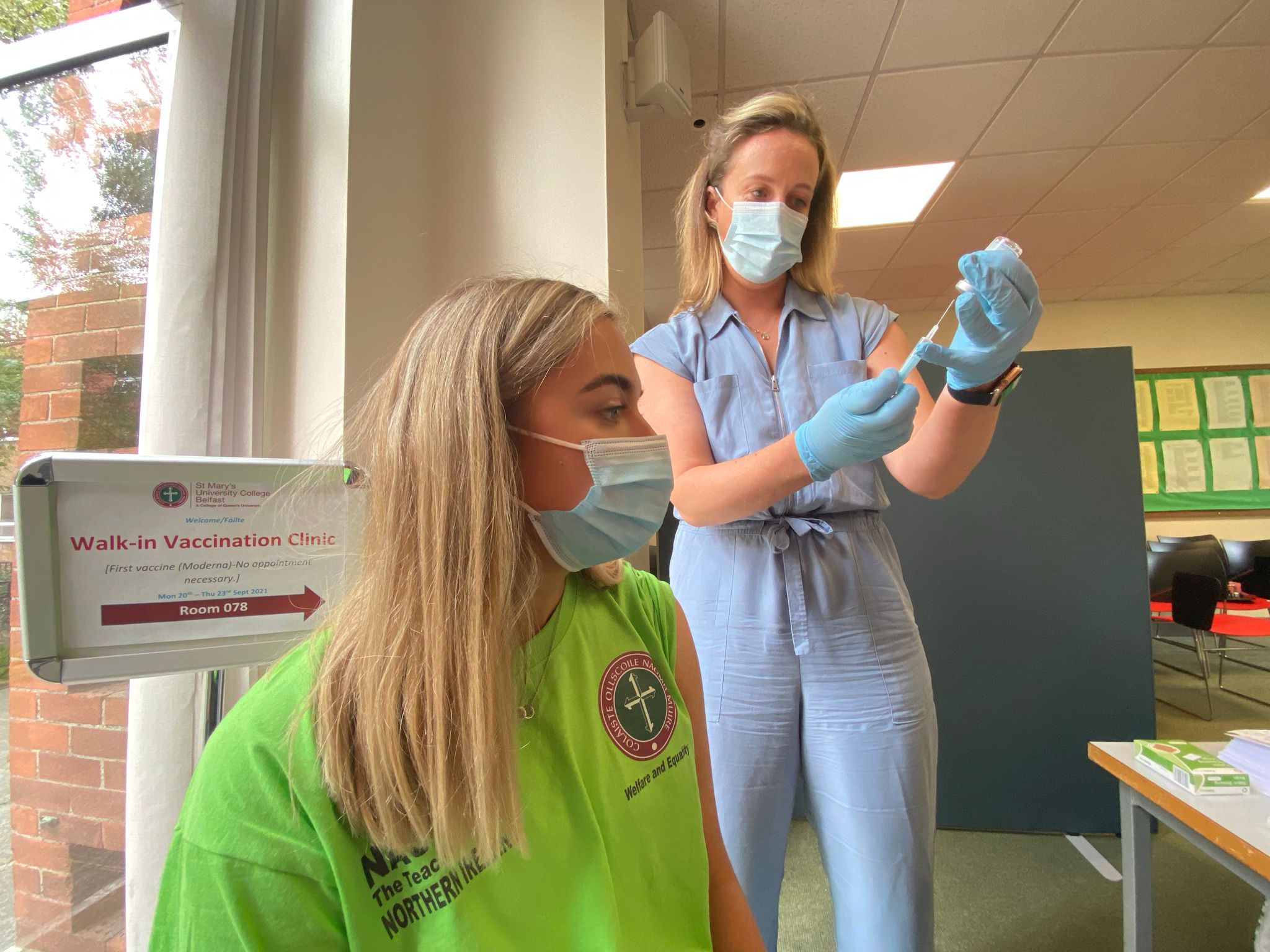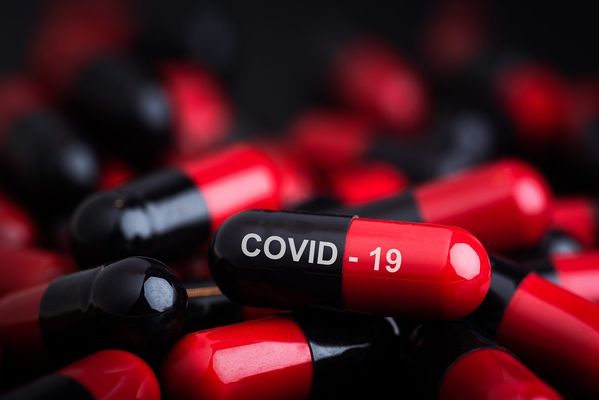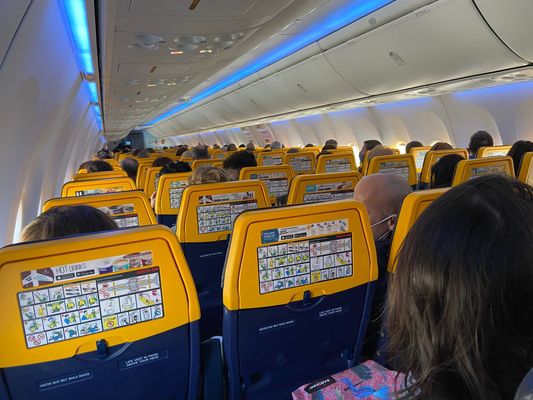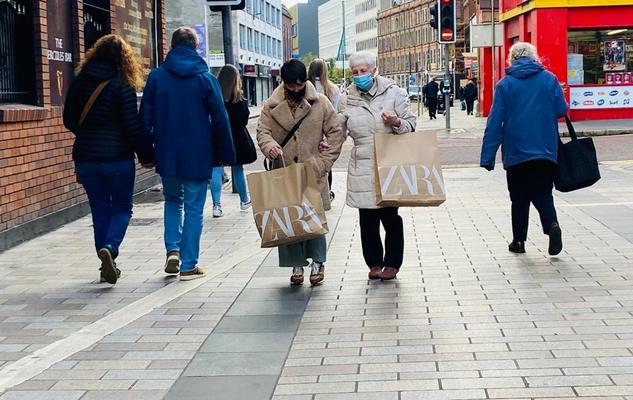Most people who become ill with Covid-19 may be able to recover at home.
Some of the same things you do to feel better if you have the flu — getting enough rest, staying well-hydrated and taking medications to relieve fever and aches and pains —also help with Covid-19.
Today we announced positive interim data for our investigational #COVID19 #antiviral treatment. Learn more about our latest news: https://t.co/v1DDAa4RjN $MRK pic.twitter.com/na2O4Y5N3D
— Merck (@Merck) October 1, 2021
This week, the pharmaceutical company Merck released promising study results about an oral antiviral to treat Covid-19. Compared to placebo (a pill with no effect), the antiviral drug, called molnupiravir, significantly reduced the risk of hospitalisation and death in people with mild or moderate COVID, who were at high risk for severe Covid.
If approved, molnupiravir will be the first Covid-19 treatment that can be taken by mouth in the early course of the infection to reduce the severity of the disease.
Molnupiravir works by interfering with the Covid virus’s ability to reproduce.
Another drug, remdesivir, can also reduce the risk of hospitalisation when given early in the course of the infection. These drugs are not a substitute for getting vaccinated but another layer of defence.
With cases running at 1,000 plus a day, a rising death toll and hospitals over capacity —the seemingly never-ending fight with Covid-19 — we are in a precarious position. With restrictions continuing to ease — despite ongoing concerns about the virus — and things seemingly returning to a better sense of normality, where will we be in mid-winter?
One beacon ahead of winter is the Covid vaccine.
88.76 per cent of the population of the North is vaccinated which sounds impressive but means we lag behind the south. Indeed, We are the lowest in UK and fall well behind the Western Europe. Semi-mandatory Covid passports seem to have encouraged vaccinations in the south and they are to be provided to NI residents with Irish Passports. But still there is no requirement for vaccine passports to be shown to be admitted to bars or restaurants north of the border. The case for mandatory vaccination is not irrefutable but is practiced in the USA for childhood immunisations and school entry in some states and now for Covid in certain situations in Ontario, Canada. In the past Yellow Fever vaccination was mandatory for travel to certain countries.
Portugal went from saturated Lisbon hospitals in January to reopening nightclubs this Friday, after almost completing its Covid-19 vaccination program. The Navy officer who led its vaccine rollout said success requires "people who are not politicians." https://t.co/6WlL15tk1w
— Raphael Minder (@RaphaelMinder) October 1, 2021
Cases are up 49 per cent from last year. This time last year, hospitals had 155 confirmed cases and this year 342 cases.
Some say there should be more focus on prevention, vaccination and control with death after death in a preventable disease.
Three further deaths associated with coronavirus have been confirmed by the Department of Health. The latest figures on Tuesday show the total deaths recorded since the start of the pandemic stands at 2,573.
A further 1,209 people have tested positive for Covid-19 out of 4,332 tested over the past 24 hours. A total of 243,512 people have tested positive since the pandemic began. Some 18 deaths have been recorded from the virus in the last seven days, down from 39 the week before.
Over the past seven days 7,700 people have tested positive, a slight increase from 7,680 the week before. There are currently 346 Covid-19 in patients down from 400 in patients seven days ago. There are 34 people in intensive care, a reduction in three from Monday.







